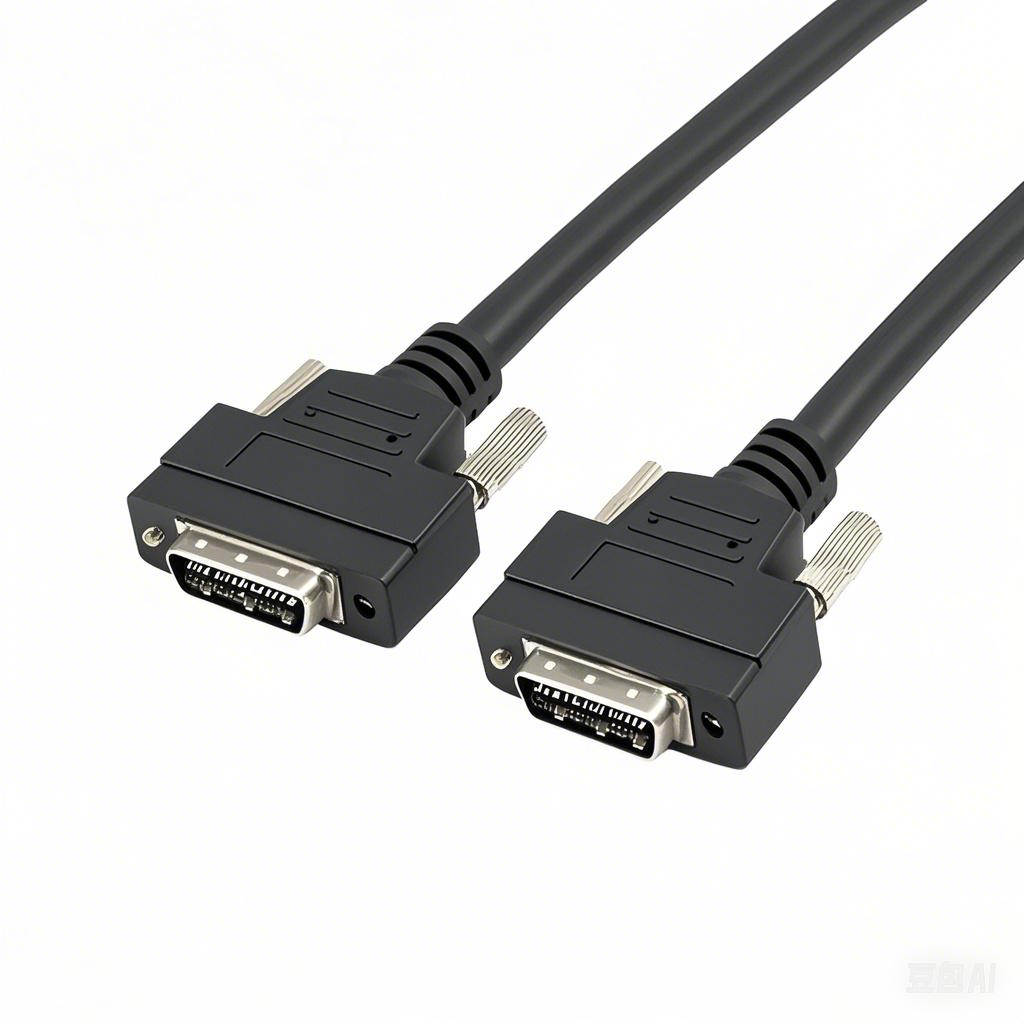Are there low-voltage machine cable options?
The short answer is yes—low-voltage machine cables are widely available and tailored to the unique demands of industrial machinery (e.g., automation equipment, 数控机床,and power transmission systems operating at ≤1kV). Unlike standard cables, they prioritize durability, flexibility, and resistance to harsh industrial conditions. Below is a breakdown of critical information to help you choose the right option.
1. Common Types of Low-Voltage Machine Cables
Low-voltage machine cables vary by insulation material, structure, and performance, each suited to specific scenarios:
a. PVC-Insulated Low-Voltage Machine Cables
- Key Features: Cost-effective, good electrical insulation, and resistance to water (for indoor use) and general chemicals. Operating temperature range: -15°C to 70°C.
- Best For: General-purpose machinery in dry or moderately humid indoor environments (e.g., conveyor belts, small assembly line equipment).
b. XLPE-Insulated Low-Voltage Machine Cables
- Key Features: Superior heat resistance (operating temp: -20°C to 90°C), excellent mechanical strength, and resistance to aging. Unlike PVC, XLPE does not release toxic fumes when heated.
- Best For: High-temperature machinery (e.g., plastic injection molding machines) or outdoor-influenced areas (e.g., factory yards with occasional rain).
c. Silicone Rubber-Insulated Low-Voltage Machine Cables
- Key Features: Extreme flexibility (ideal for moving parts like robotic arms), wide temperature tolerance (-60°C to 180°C), and resistance to oil, ozone, and UV rays.
- Best For: Precision machinery with frequent movement (e.g., CNC routers) or high-temperature industrial zones (e.g., metal processing plants).
d. Shielded Low-Voltage Machine Cables
- Key Features: Added copper or aluminum shielding to reduce electromagnetic interference (EMI)—critical for machinery with sensitive electronics (e.g., sensors or control systems).
- Best For: Automated production lines, medical equipment (e.g., low-voltage diagnostic machines), or environments with heavy electrical noise (e.g., near transformers).
2. Core Properties to Prioritize
When selecting low-voltage machine cables, focus on these non-negotiable traits:
- Mechanical Stress Resistance: Cables must withstand vibration (from machinery operation) and abrasion (from contact with metal parts). Look for options with reinforced jackets (e.g., TPE or nylon).
- Oil Resistance: Most industrial environments involve lubricants—choose cables rated “oil-resistant” (e.g., silicone or XLPE jackets) to avoid jacket degradation.
- Flame Retardancy: Opt for cables meeting international standards (e.g., IEC 60332-1 for flame spread) to enhance workplace safety.
3. Typical Applications
Low-voltage machine cables power and connect critical machinery across industries:
- Manufacturing: CNC machines, robotic arms, and packaging equipment.
- Medical Devices: Low-voltage diagnostic tools (e.g., ultrasound machines) and laboratory equipment.
- New Energy: Auxiliary systems in solar inverters or wind turbine control panels.
- Logistics: Automated warehouses (e.g., AGV robot power cables).
4. Selection Tips for Practical Use
- Match the Environment: If your machinery operates in high temperatures, avoid PVC cables—choose silicone or XLPE. For EMI-sensitive equipment, select shielded types.
- Check Certifications: Ensure cables meet global standards (e.g., UL 1015 for the U.S., VDE 0250 for Europe) to guarantee quality and compliance.
- Consider Flexibility Needs: For moving parts (e.g., robotic joints), prioritize silicone or highly flexible XLPE cables to prevent fatigue and breakage.
Why FRS Factory Is Your Reliable Partner for Low-Voltage Machine Cables
When sourcing low-voltage machine cables, FRS factory delivers solutions that align with the above requirements—combining quality, customization, and practicality. We offer all the cable types mentioned (PVC, XLPE, silicone, shielded) and tailor them to your machinery’s unique needs:
- Our cables meet UL, VDE, and IEC standards, ensuring durability in harsh industrial conditions (resisting oil, high temps, and mechanical stress).
- Whether you need flexible cables for robotic arms or shielded options for EMI-sensitive equipment, FRS provides one-stop customization—from insulation material to length and shielding.
- With strict quality control and responsive after-sales support, FRS ensures your machinery runs smoothly, minimizing downtime.
Choose FRS for low-voltage machine cables that fit your needs—reliability you can trust.











